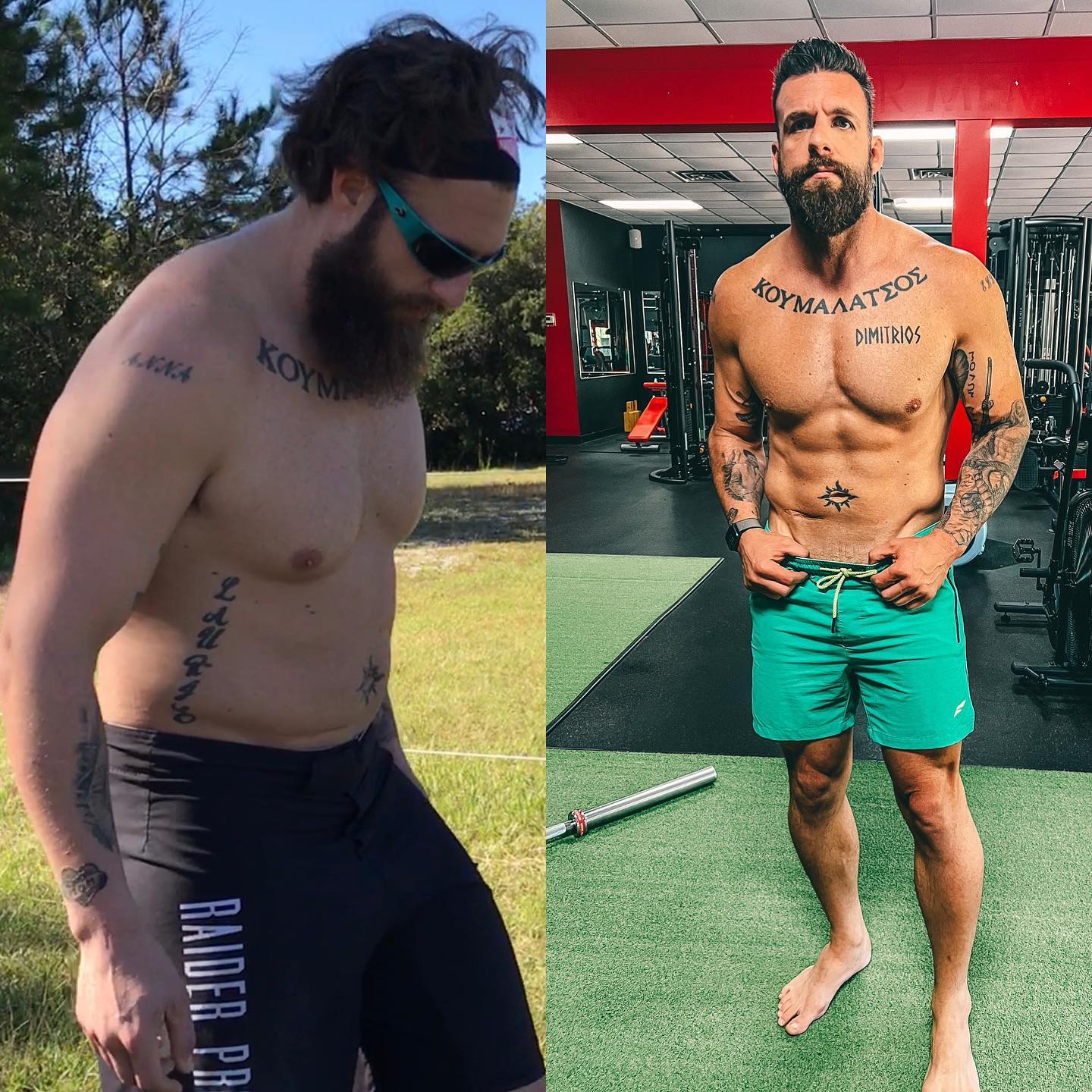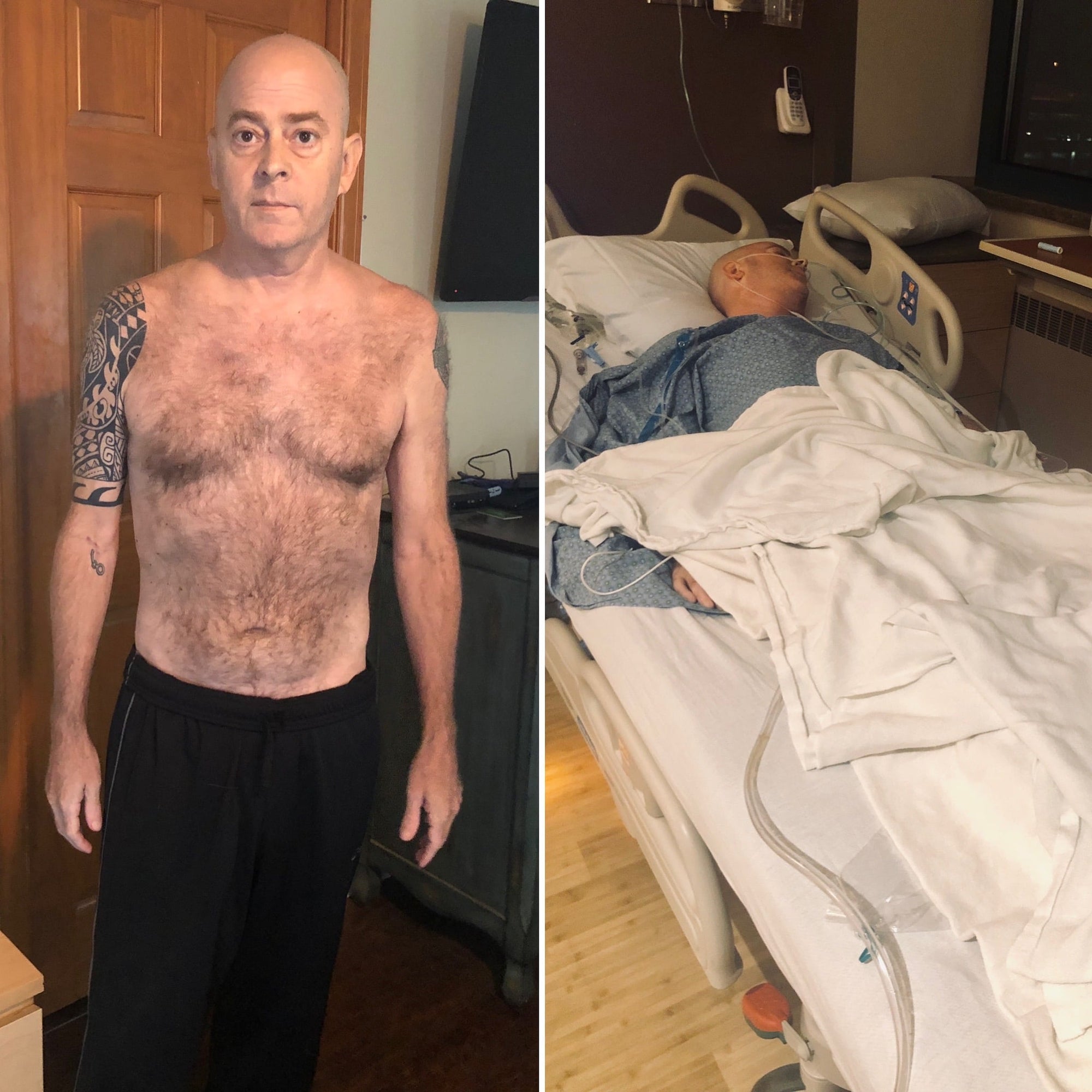Testosterone is a sex hormone often associated with males, though females have small amounts. If a male has a low level of testosterone, the symptoms can include erectile dysfunction, and reduced bone mass and sex drive.
THE HORMONE HAS MANY IMPORTANT FUNCTIONS, INCLUDING:
-
The development of the bones and muscles
-
The deepening of the voice, hair growth, and other factors related to the appearance
-
The production of sperm
Testosterone production can slow as a person ages, and many older men have symptoms of low testosterone.

Twelve signs and symptoms
Below are common signs and symptoms of low testosterone in males. Females may also experience some of the following.
1. Problems with erections
Low testosterone may cause fatigue and mood changes.
Low testosterone can make it difficult to get or maintain erections
Testosterone stimulates the penile tissues to produce nitric oxide, which starts several reactions that result in an erection.
If levels of the hormone are too low, a man may not be able to get an erection.
The following are other factors that can cause erectile dysfunction:
-
smoking
-
thyroid-related issues
-
high cholesterol
-
stress or anxiety
-
alcohol consumption
-
diabetes
-
high blood pressure
2. Hair loss
Many men experience hair loss as a natural part of aging, and age-related hair loss can also affect women.
Authors of a study from 2012 found that testosterone implants supported the regrowth of hair in some women who were receiving treatment for symptoms of sex hormone deficiency.
3. Reduced bone mass
Testosterone helps to produce bone tissue and maintain bone volume.
Low testosterone can lead to a reduction in this volume, which can make the bones more susceptible to fractures.
4. Reduction in testicle size
A male with low testosterone may notice a reduction in the size of their testicles that is not related to cold temperatures.
The scrotum may also feel softer than usual.
5. Reduction in the amount of semen
Semen is the fluid that makes up the majority of male ejaculate. This type of fluid helps the sperm move toward the egg.
Testosterone helps stimulate the production of semen, and reduced levels of semen can indicate a reduction in testosterone. It can also lead to trouble with fertility.
6. Difficulty sleeping
Men with low testosterone may find it difficult to fall or stay asleep.
Many males with low testosterone also have sleep apnea. This potentially severe disorder causes a person to temporarily stop breathing, which can disrupt sleep.
7. Lowered sex drive
Men with low testosterone often experience a reduction in sex drive.
A diminishing sex drive occurs naturally with age, but when the cause is low testosterone, a man will notice a significant decrease in the desire for sex.
8. Reduced muscle mass
Testosterone plays a role in the development of muscle mass, and reduced levels of the hormone can result in a significant loss of muscle mass.
However, as low testosterone causes a decrease in mass, the function and strength of the muscles do not diminish, according to the findings of a 2016 review.
9. Hot flashes
While many people associate hot flashes with estrogen levels that fluctuate during menopause, low levels of testosterone may also cause this symptom.
10. A decrease in energy levels
Low testosterone can lead to reduced levels of energy and fatigue.
A person may feel tired, even after adequate rest, or they may develop a diminished interest in exercise or movement.
11. An increase in body fat
A reduction in testosterone can lead to an increase in body fat.
In some cases, men with a deficiency of the hormone develop gynecomastia, which causes an enlargement of the breasts.
12. Changes in mood or mood swings
Some evidence suggests that men with low levels of testosterone are likely to experience a lack of focus, irritability, and depression.
When to see a doctor
 A doctor may prescribe testosterone replacement therapy if a person displays a number of symptoms.
A doctor may prescribe testosterone replacement therapy if a person displays a number of symptoms.
Low testosterone does not always present symptoms, and some people only learn about it after a routine physical examination with bloodwork.
However, anyone who experiences one or more of the symptoms listed above should seek medical attention.
To diagnose low testosterone, a doctor will often perform a physical evaluation and review the person’s symptoms. The doctor may also request testing to look for additional signs.
For example, a bone density test can show diminished bone mass, one result of low testosterone.
Treatment
The most common treatment is testosterone replacement therapy (TRT).
A doctor will typically only prescribe TRT if the person has several symptoms of low testosterone as well as blood test results that indicate a deficiency.
There are several delivery methods of TRT, including:
-
skin patches
-
gels
-
tablets that dissolve in the mouth
-
injections
-
surgically implanted pellets that release the hormone
Most people will notice relief from symptoms within 4–6 weeks of starting TRT.
Natural ways to boost testosterone levels
Having a nutrient-rich diet can help improve testosterone levels.
Weight loss and exercise can often increase testosterone levels.
While changes to the lifestyle and diet alone may not raise levels sufficiently, they can often help.
It is important to keep in mind that men typically lose testosterone as they age, and the potential benefits of lifestyle changes also decrease over time. Exercise, for example, often shows more significant results in younger people
To support a boost in testosterone levels, the diet should be rich in nutrients. It may help to incorporate some of the following foods into the diet:
-
beef
-
oysters
-
fortified cereals
-
eggs
-
tuna
-
milk enriched with vitamin D
-
beans
-
shellfish
Avoid natural supplements that promise to increase levels of testosterone. While they may not harm the body, they are unlikely to produce the desired results.
A doctor can often suggest other safe ways to boost testosterone levels.
1 Response
Leave a comment
Also in The Guide


STOP doing these things and START doing these!


The hardest thing you will ever do? Seriously!?
t's often said that being a dad is one of the hardest things you'll ever do.
I disagree.
Being a dad has been one of the most fulfilling things I've ever experienced in my life.




Alan
July 22, 2022
Testosterone therapy (https://hrtmedical.net/) is provided to men with officially diagnosed hypogonadism (or low T). You get improved muscle strength, better sex drive, better shape, and more energy.